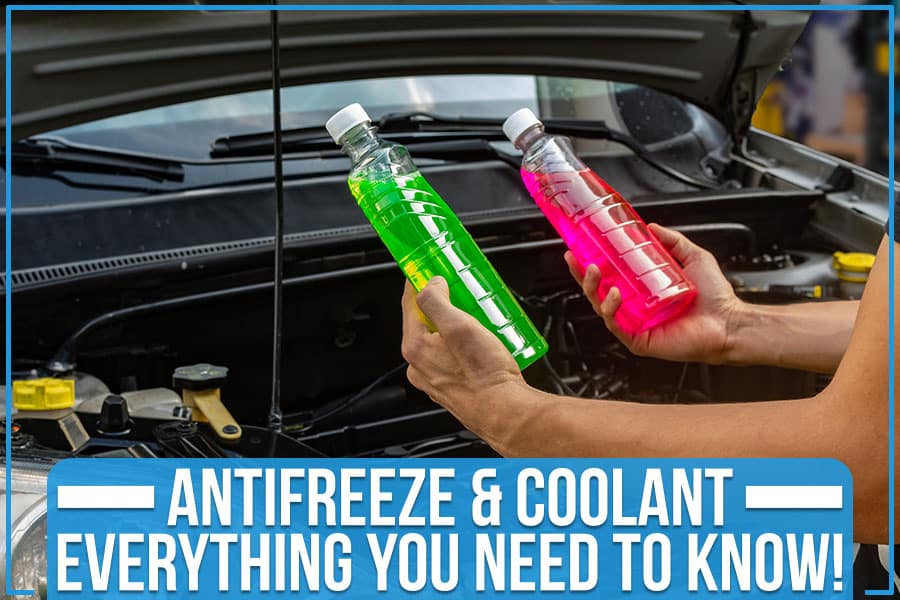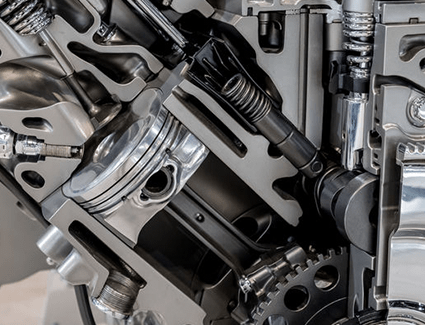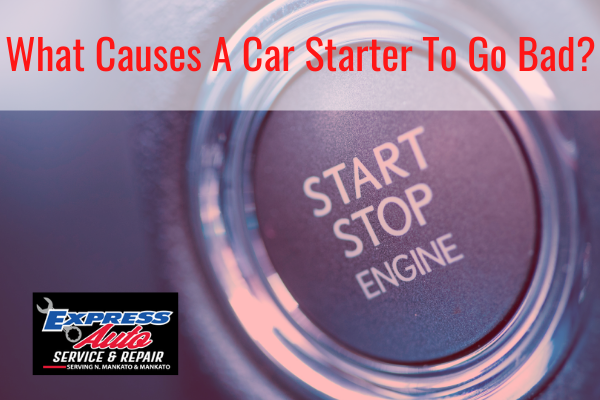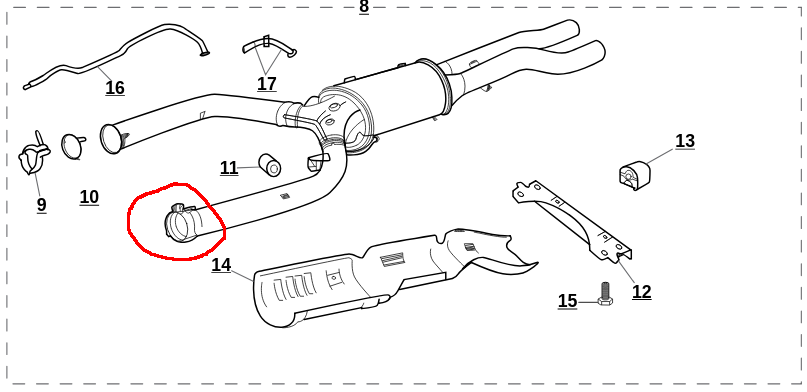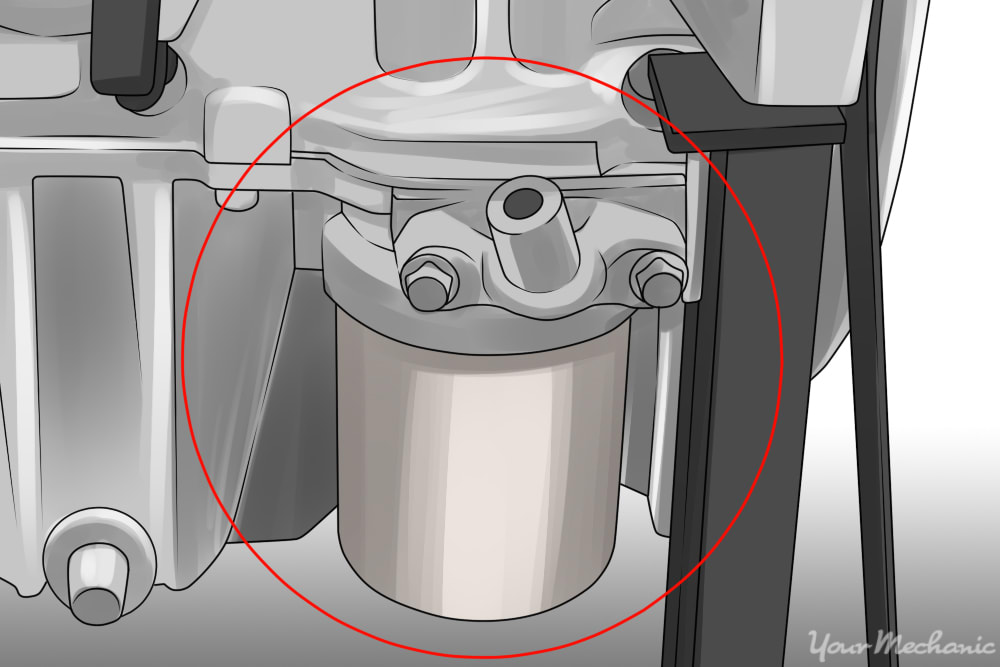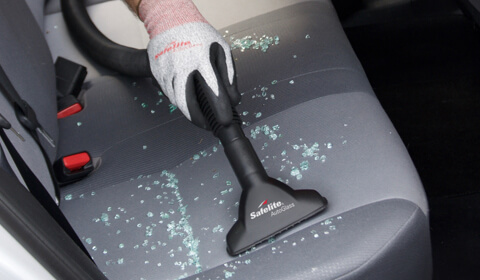What is Coolant Used for in a Car
Coolant, also known as antifreeze, prevents an engine from overheating. It also protects the engine from freezing in cold temperatures.
A car’s engine operates at high temperatures, and without a functional cooling system, it would quickly overheat, potentially causing significant damage. Coolant circulates through the engine, absorbing heat and transferring it to the radiator, where it dissipates into the air.
This liquid plays a critical role in maintaining an optimal engine temperature range, ensuring that the mechanical components function efficiently. By maintaining a consistent temperature, coolant aids in preventing engine corrosion and prolongs the lifespan of your vehicle. For car owners, regular checks of the coolant level are important because low coolant can lead to engine overheating, one of the most common causes of breakdowns.
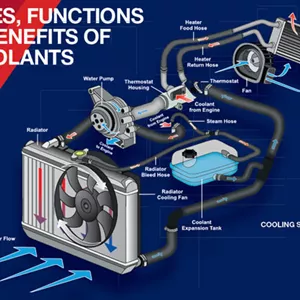
Credit: www.valvolineglobal.com
The Vital Role Of Coolant In Your Car
The Vital Role of Coolant in Your Car is often underestimated. Coolant is the lifeblood for your car’s engine, preventing it from overheating and keeping it running smoothly. It’s a mix of water and antifreeze that courses through the engine’s passageways. Coolant absorbs heat and carries it away from the engine, which is vital for performance and safety.
Temperature Regulation Secrets
Maintaining the right engine temperature is crucial. Cars rely on coolant for this. The coolant’s journey starts in the radiator, absorbing heat as it flows. It then carries the heat away to be released into the air. This cycle is continuous, keeping the engine at an optimal temperature. Without coolant, the heat would damage engine parts fast.
- Coolant prevents boiling in summer.
- Coolant prevents freezing in winter.
- Coolant helps maintain consistent engine temperature.
Corrosion Protection And Longevity
Coolant also acts as a protective agent. It contains chemicals that fight rust and corrosion. Without these, the engine’s metallic parts could degrade over time. This protective layer extends your car’s engine life and keeps repair costs down. Remember, using the right coolant type for your car is key to ensuring this protection.
| Function | Benefit |
|---|---|
| Lubrication | Enhances part movement and reduces wear. |
| Rust prevention | Prevents the formation of rust on engine components. |
Types Of Coolant: Composition And Variants
Coolant is key to a car’s health. It keeps the engine at the right temperature. There are different coolants for cars. They have various chemicals. It’s vital to know the types to choose the right one.
Ethylene Glycol-based Mixtures
Ethylene glycol mixtures are common. They help stop the engine from freezing in cold weather. They also keep engines from overheating. This type is sometimes colored green.
- Boiling Point: High, preventing overheating
- Freezing Point: Low, preventing ice
Many vehicles use this mixture. Always check the car manual.
Propylene Glycol: The Safer Alternative
Propylene glycol is better for the environment. It is a safer alternative to ethylene glycol. Many brands offer this type of coolant.
| Feature | Benefit |
|---|---|
| Non-toxic | Less harmful |
| Biodegradable | Better for earth |
| Performance | Works like ethylene glycol |
It is usually colored pink or orange.
Optimizing Performance With Proper Coolant Use
Optimizing Performance with Proper Coolant Use is crucial for every car. The coolant does more than just keep an engine running cool. It plays a key role in ensuring the vehicle operates at its peak performance. A properly maintained cooling system is vital for maximizing engine efficiency, preventing overheating disasters, and extending the life of the car.
Maximizing Engine Efficiency
Coolant helps maintain the optimal temperature for engine operation. A balanced engine temperature leads to consistent combustion and peak power output. Proper coolant levels ensure that the engine avoids excess heat that can cause parts to wear out faster. This results in a smoother, more efficient engine performance and improved fuel economy.
Preventing Overheating Disasters
An engine without enough coolant is like running a marathon in a fur coat; it’s bound to overheat. Overheating can cause severe engine damage. It may even lead to a complete engine failure. Using the right coolant mixture prevents these potential disasters. It saves money on repairs and keeps the car out of the emergency lane.
- Prevents corrosion within the engine’s internal passageways.
- Reduces stress on the radiator and cooling system components.
- Avoids boiling over in summer and freezing in winter.
Routine Maintenance: Keeping Your Coolant System Healthy
Coolant, a vital fluid for your car, prevents the engine from overheating. Like any car component, a coolant system requires regular care. Understanding and performing routine coolant system maintenance boosts your vehicle’s longevity and performance.
Checking Coolant Levels And Quality
A car’s engine runs best with the correct coolant level and quality. Low or dirty coolant can cause major engine damage. Regular checks avoid costly repairs.
How to check:
- Ensure the engine is cool.
- Locate the coolant reservoir.
- Check the level against the marked lines.
- Inspect the coolant’s color and clarity.
The coolant should be clean and at the ‘full’ mark. Add coolant if the level is low. Consult your owner’s manual for the recommended type.
Flush And Replacement Schedule
Coolant doesn’t last forever. It breaks down over time. A flush and replacement schedule keeps the system clean and efficient.
| Mileage | Action |
|---|---|
| 30,000 – 50,000 miles | Check coolant condition |
| Every 2-3 years | Flush and replace coolant |
Follow these guidelines but also check your owner’s manual. Some modern cars may have different schedules. Signs like rust-colored coolant or a running-hot engine can demand immediate action.
Troubleshooting Coolant System Issues
Expert car care includes understanding your vehicle’s cooling system. Coolant prevents engines from overheating and needs monitoring for best performance.
Recognizing Signs Of Coolant System Failure
Keeping an eye on your coolant system is vital for car health. Here are signs that it may be failing:
- Temperature gauge spikes suggesting the engine may be overheating.
- Coolant leaks appear under the car, often bright green, pink, or yellow in color.
- Steam or a hot smell comes from under the hood, indicating high engine temperatures.
- Low coolant alert on your dashboard signals the need to check the coolant levels.
Expert Tips For Diy Coolant System Care
Maintaining your coolant system helps prevent costly repairs. Follow these expert tips:
- Regular checks of coolant levels keep your system full.
- Inspect for leaks to prevent engine damage.
- Change coolant as advised in your car’s manual, typically every 30,000 to 60,000 miles.
- Use correct coolant type – mixing different types can cause damage.
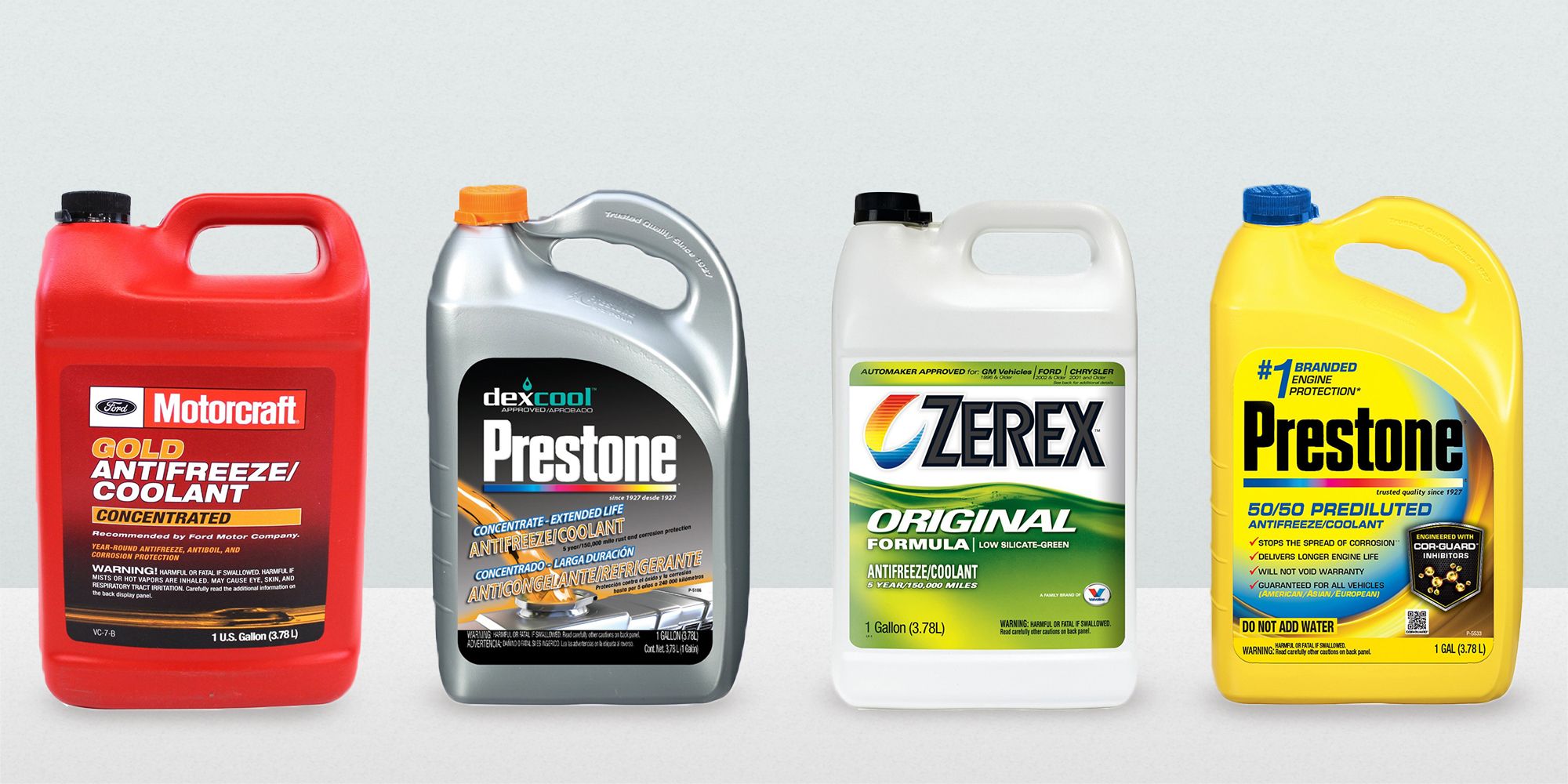
Credit: www.bestproducts.com
Frequently Asked Questions Of What Is Coolant Used For In A Car
What Is The Function Of Coolant In Cars?
Coolant helps regulate the engine’s temperature, preventing it from overheating. It achieves this by absorbing excess heat and dissipating it through the radiator.
How Often Should Coolant Be Replaced?
Typically, coolant should be replaced every 30,000 to 50,000 miles. However, consult your vehicle’s manual for the manufacturer’s specific recommendation.
Can I Drive With Low Coolant Levels?
Driving with low coolant levels is risky, as it may lead to overheating and severe engine damage. It’s important to top up the coolant as soon as possible.
Is Engine Coolant The Same As Antifreeze?
Engine coolant generally refers to a mixture of antifreeze and water, whereas antifreeze is the concentrated, undiluted chemical, typically ethylene glycol or propylene glycol.
Conclusion
Understanding the role of coolant is vital for any car owner. It keeps the engine at an optimal temperature, preventing overheating and avoiding major damage. Regular checks and maintenance ensure a long-lasting, efficient vehicle. Keep your car’s cooling system in check – it’s the lifeline for your engine’s health and performance.

